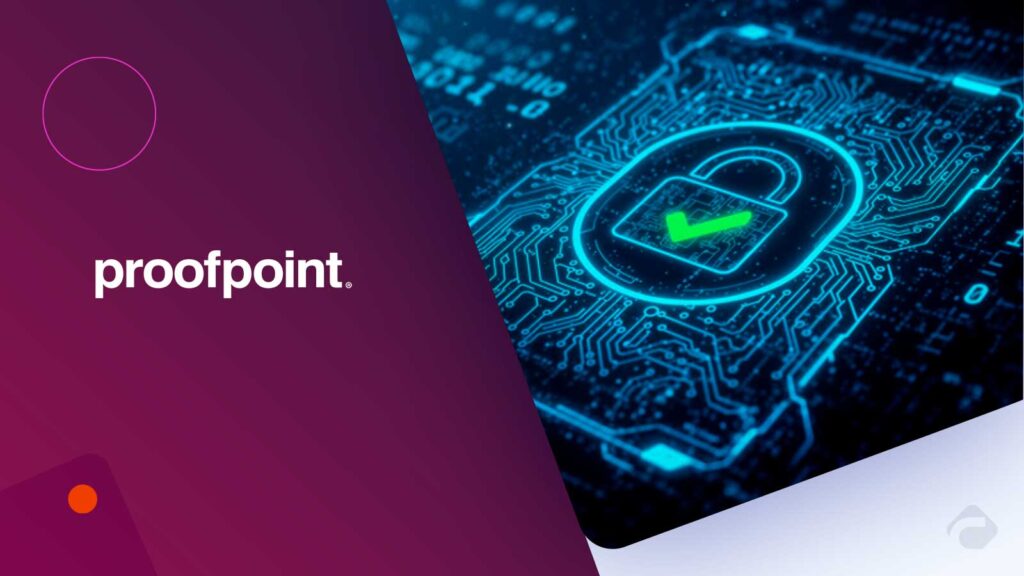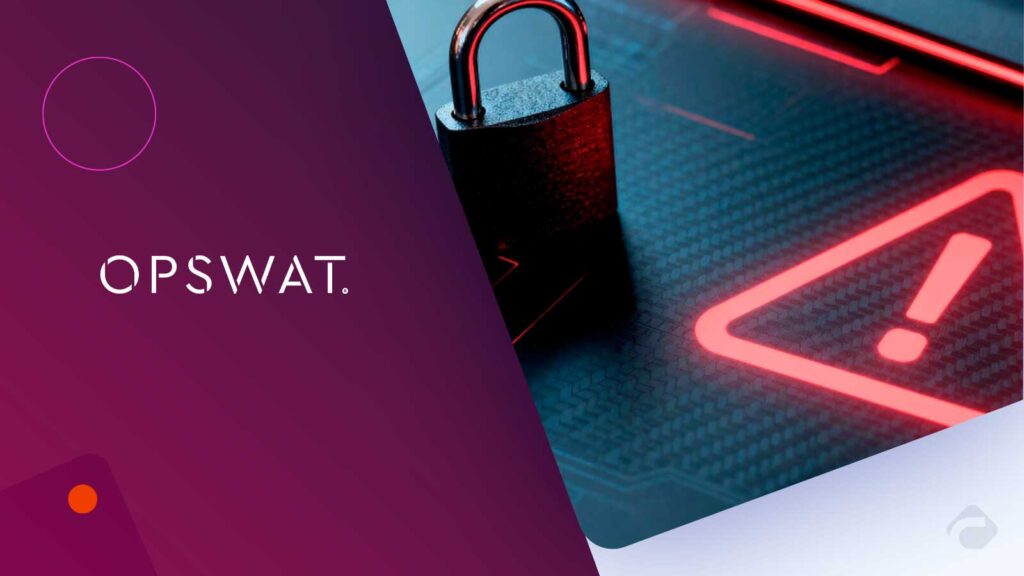Javelin Strategy & Research, part of the Escalent Group, published the 22nd edition of its landmark Identity Fraud Study, titled “Breaking Barriers to Innovation”. This year’s findings reveal a dangerous shift in fraud tactics—scammers are no longer just after quick cash; they also want information.
Cyber Technology Insights: Trust Stamp launches advanced defense against AI deepfakes
By seeking personally identifiable information (PII), scammers can exploit victims long after the initial scam, either by opening new fraudulent accounts, taking over existing financial or non-financial accounts, using the information to commit additional scams, or selling their data to other bad actors.
These attacks not only affect individual consumers but also affect financial institutions and the entire fraud landscape. The more information these attackers have, the easier it is to quickly conduct large scale fraud attacks.
The scale of this deception is alarming: 7 in 10 victims who lost money to a scam were also tricked into handing over PII, unwittingly fueling a cycle of fraud. The top pieces of information stolen—email addresses (43%), phone numbers (38%), and banking details (28%)—may seem harmless to share, but serve as digital keys to financial and non-financial accounts. Many consumers fail to realize that something as simple as an email address can provide fraudsters with a gateway to multiple accounts, increasing the risk of ongoing identity theft and financial loss.
“Fraud professionals must start thinking beyond the existing regulatory and privacy restrictions, and start envisioning future possibilities,” says Jennifer Pitt, senior analyst in Javelin’s Fraud & Security practice and the report’s author. “The traditional mindset focuses on short-term risks, but real innovation comes from looking ahead and developing future-ready solutions. This means strengthening fraud detection, enhancing identity verification, fostering greater collaboration across industries, and employing advanced technology to disrupt fraud before it happens.”
Javelin’s Identity Fraud Study continues to set the standard for identity fraud research, thanks to the support of industry leaders committed to fraud prevention. This year’s sponsors include AARP, TransUnion, Plaid, BioCatch, Mitek, and Sigma Loyalty Group whose expertise and innovation help drive forward the fight against fraud.
Other highlights from this year’s report:
- Fraud and scam losses surged to $47 billion, up $4 billion from the prior year, affecting 40 million victims—1 million more than in 2023.
- Identity fraud accounted for $27 billion in losses across 18 million victims, while scams led to $20 billion in losses affecting 22 million victims.
- 54% of consumers saw more unusual text messages, 47% more emails with suspicious links, 44% more robo-calls, and 42% more emails with suspicious attachments.
- 39% of account takeover fraud victims had their checking accounts compromised, and 23% had their email accounts taken over.
- 12% of fraud victims didn’t report their incident to anyone. Among them, 22% believed nothing could be done, and 22% didn’t know where or how to report it.
Pitt advises fraud and cyber security professionals to help consumers slow down and think before they act. “Fraud and cybersecurity professionals must push a “verify, then maybe trust” mindset, which will essentially help consumers to pause before taking an action (like clicking a link or providing information).”
Javelin’s Identity Fraud Study is an essential guide to understanding the financial impact and emotional devastation caused by identity fraud in the United States. The online survey of 5,000 U.S. adults is conducted every autumn and publishes the following spring. To learn more about identity fraud trends or speak with the report’s author, contact Marketing Coordinator Allison Bondi.
Cyber Technology Insights: SailPoint Launches Harbor Pilot: AI Boosts Identity Security
To participate in our interviews, please write to our CyberTech Media Room at sudipto@intentamplify.com
Source – Globenewswire








